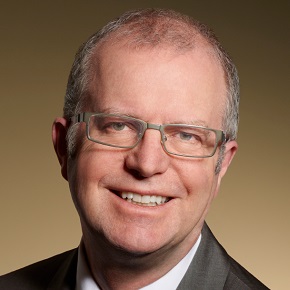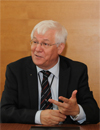 |
||
|
China to Build Reactors With US Nuclear Technology RIA Novosti, PUBLISHED 25.04.2014 Chinese Premier Li Keqiang has signed off on a plan to build AP1000 reactors, a third-generation US nuclear technology, at several of the country’s power plants, the Want China Times newspaper reported Thursday. The paper reported that according to the website of the National Nuclear Safety Administration, the Chinese government has approved a project for two reactors each at the Xudabao and Haiyang nuclear power plants. In what has been dubbed the world's worst nuclear disaster since Chernobyl, three of the plant’s reactors underwent a partial meltdown as radiation leaked into the atmosphere, soil and seawater. Other news: Hungary Enacts Law to Expand Nuclear Power With Russian Aid Hungary’s president has signed a bill into law to expand a nuclear power plant in the country with Russian assistance. Hungary Lawmakers OK Russia Nuclear Plant Deal Russia will provide Hungary a loan of up to 10 billion euros ($13.5 billion) - around 80 percent of construction costs. Russia to Lend Hungary $13.7Bln for Nuclear Plant The deal was announced during a state visit to Moscow by Hungarian Prime Minister Viktor Orban and was hailed by Russian President Vladimir Putin. Last news:
|
Hero of the day 
We are currently working with the Nuclear Decommissioning Authority (NDA) on this approach, which was submitted in response to their February 2012 call for alternative proposals. We appreciate that the UK is in the early stages of their policy development activities and are pleased to be involved in such important work. INTERVIEW
Yanko Yanev OPINION
Joint Plan of Action |
Licence Р В Р’ВВВВВВВВВВВВВВВР В Р’В» РІвРРРвЂв„ССвР ‚єР В Р’ Р’ РІР‚™Р’ Р В Р вЂ Р В РІР‚љРІвЂћСћР В РІР‚™Р’ Р В РІР‚™Р’ Р Р†Р вЂљРЎв„ўР В Р Р‹Р Р†Р вЂљРЎвЂќР В Р’ Р вЂ Р В РІР‚љРІР‚њР В Р’¤РВРвЂв„РРРВВ  В Р’ РІР‚№Р В Р Р‹Р Р†Р вЂљРЎвЂќР В Р’ Р’ Р’ Р’ РІР‚™Р’ Р В Р’ Р’В Р В РІР‚в„–77-30792. ATOMINFO™ trademark.

